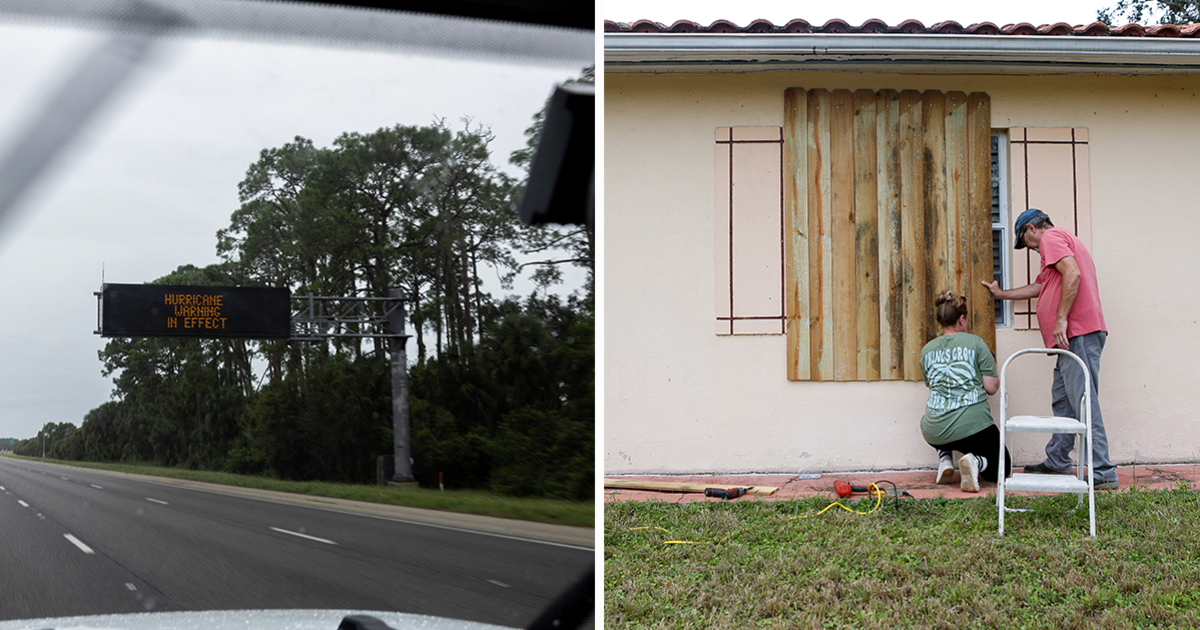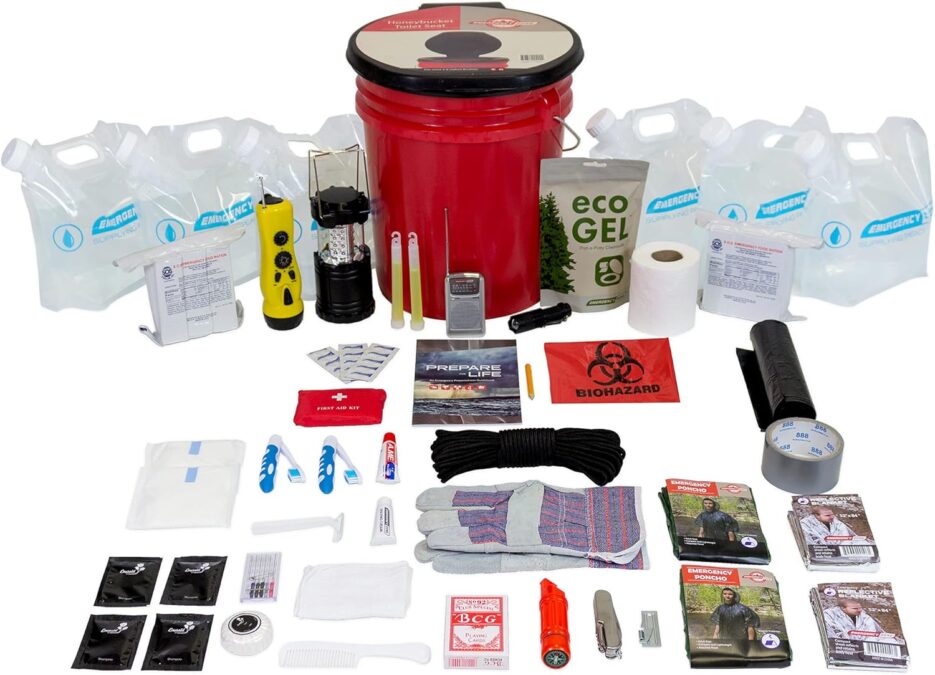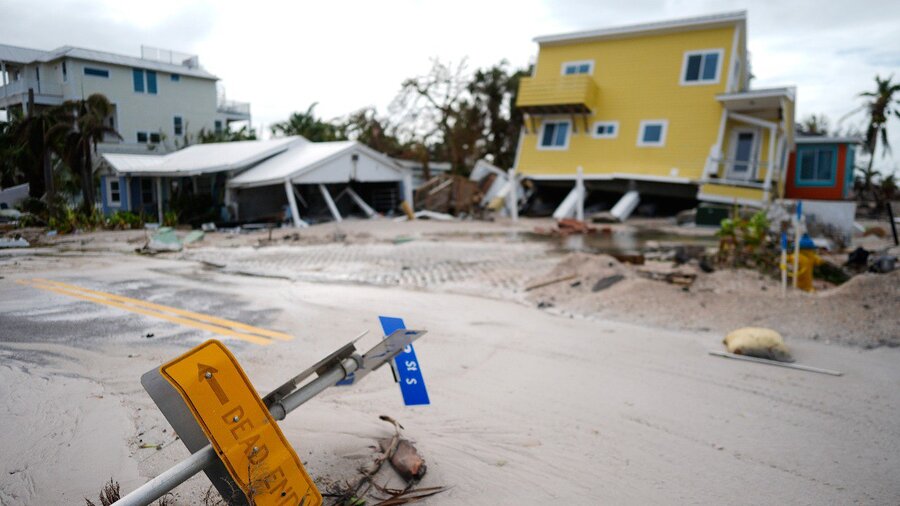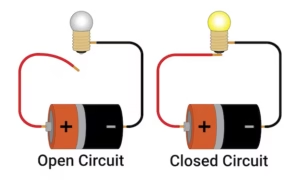Hurricanes today are not just an increase in frequency. They are deadlier hurricanes, too. These storms, like Milton and Helene, remind one of the destruction level caused by hurricanes. The climate is changing; with every change, powerful storms become a looming threat. It’s the moment to act now. We will consider why these hurricanes are getting progressively deadly, what we can learn from previous storms, and how we can better prepare for the future.
The Increasing Deadliness of Hurricanes
Hurricanes are occurring more and more. A climatologist concurs that that pattern will most likely continue but says why is this so, indicating to such devastatingly powerful storms as Milton and Helene, which have become considerably more deadly.
Why Hurricanes Like Milton and Helene Are Getting Deadlier
Climate Change and the Intensification of Storms

At the heart of the matter is climate change. Warmer ocean waters fuel hurricanes, letting them grow stronger and last longer. This would be why storms like Milton and Helene that wreaked havoc are not accidents but a sign of an increasing trend. The hotter the water, the more energy hurricanes have to strengthen and intensify their winds, causing even greater storm surges and flooding.
Sea Level Rise and Coastal Sensitivity
One other reason why hurricanes are becoming deadly is sea level rise. Due to the fact that the coastlines of earth are becoming sensitive with rising sea, more formerly well-fortified cities through hurricanes will make them viable targets of storm surges and floods. An implication from this is that a majority of the earth’s occupation lies on the coastlines. Thus, human risk destruction is high.
Hurricane Impact Economics
Hurricanes like Milton and Helene exact a tremendous economic cost. The billions spent on rebuilding communities, repairing infrastructures, and support for displaced families are merely the short-term costs. The long-term effects are even more destructive: loss of employment, disrupted supply chains, and slower than usual economic activity in the affected areas. The whole financial load is borne on a table classified by local governments and federal agencies into disaster relief.
Lessons from Milton and Helene
Every storm teaches us something, and storms Milton and Helene were no different. They exposed some weaknesses in our preparedness and response systems, and they are golden opportunities to change.
How Prepared Were We?

The Infrastructure and Response Gaps
When Milton and Helene came ashore, they revealed glaring weaknesses in the fabric of our system. The roads, bridges, and power grids were not designed to handle storm systems of this magnitude. Emergency response systems were stretched to the limit, and many communities experienced days without electricity, clean water, or food.
Early Warnings and Technology
Whereas early warning systems did save lives, it was not the fail-safe mechanism against loss. Communication snapped in some districts and thus people were left unaware of the impending disaster. We should invest in more reliable technology so all have an opportunity to know sooner rather than later.
Building for the Storm
If anything came out of Milton and Helene, we’d have to learn that we actually need to get better prepared for the next big hurricane. At every level, governmental and individual, there are moves to be made to damage lower and protect lives.
Strengthening Infrastructure to Withstand Future Hurricanes
Coastal Defences and Flood Management
Coastal defense improvement is one of the most important ways. Building stronger levees, sea walls, and flood barriers might be able to do the trick to prevent the devastating flood that hurricanes usually bring along with them. A modernized system of flood management also needs to ensure the water is diverted away from populous areas.
Increasing Community Awareness and Resilience
A community aware of the threat and better prepared to react will better weather a disaster. Education programs, drills, and facilities can empower residents to act before and during the storm. A community-wide effort will always be more effective than preparation alone.
Government Policy and Action Plans
Governments also play a very important role in hurricane preparedness. More specific action plans that would focus on climate adaptation, much stiffer building codes, and faster emergency response times may save lives. Cities, states, and the federal government must collaborate to formulate a cohesive response plan that is nimble and responsive.
What You Can Do Personally to Prepare
While governments and organizations have the major roles to play, there are things you can do today to help protect yourself and your family. And preparation is the best way for you to reduce damage if the hurricane lands.
Preparing a Hurricane Survival Kit

First, you’ll want to make a hurricane survival kit. A kit of basic supplies like water, non-perishable food, a flashlight, extra batteries, a first aid kit, and any medications a member of your household will need should be assembled. Also pack vital documents, such as the insurance policies, passports, and birth certificates in a waterproof bag.
Evacuation Plans and Being Prepared to Stay Informed
Plan your routes in advance, in case roads become blocked. Keep up to date with local alerts and/or weather updates with cell phone or computer enrollment. Have a battery-powered or hand-crank radio available when the power is out.
Protect Your Home and Family
Install storm shutters, reinforce your roof, and ensure that all doors and windows are sealed properly to ensure minimum damage for your home. Clear your yard of anything that can become a projectile from winds by removing items and debris. Raise appliances and electrical systems, if possible, to prevent flooding damage.
Conclusion: Time to Act Before the Next Disaster Strikes
To people like Milton and Helene, hurricanes like these serve to remind us of an ever-growing danger – intense storms. We must take steps to prepare ourselves, not only as individuals but also as a nation. Improving infrastructure, response structures, and doing our part individually toward being prepared are some of the aspects that can weaken the damage future hurricanes will unleash. Now is the time to act – before the next disaster arrives.



















